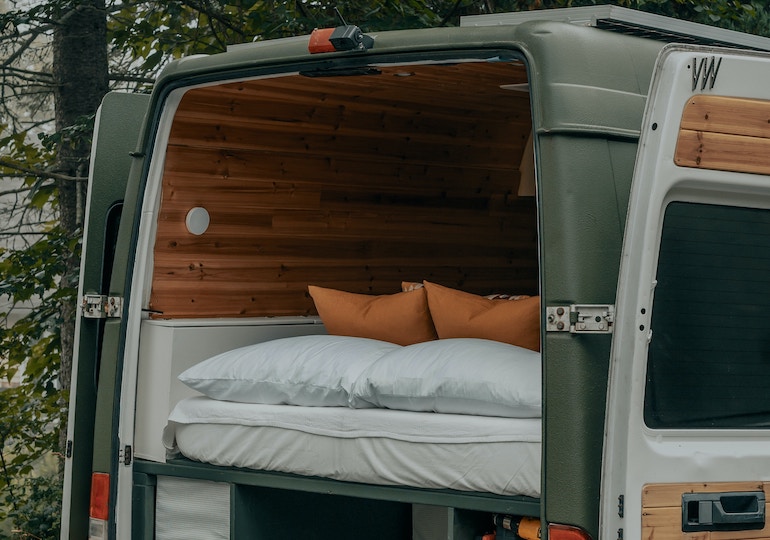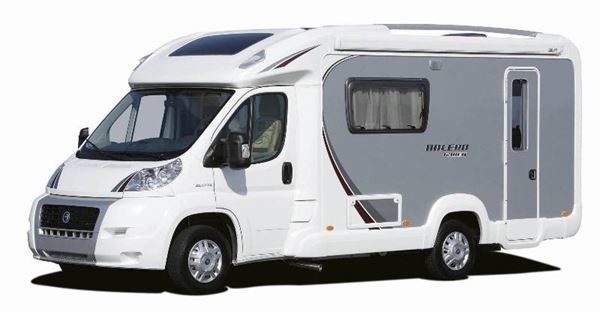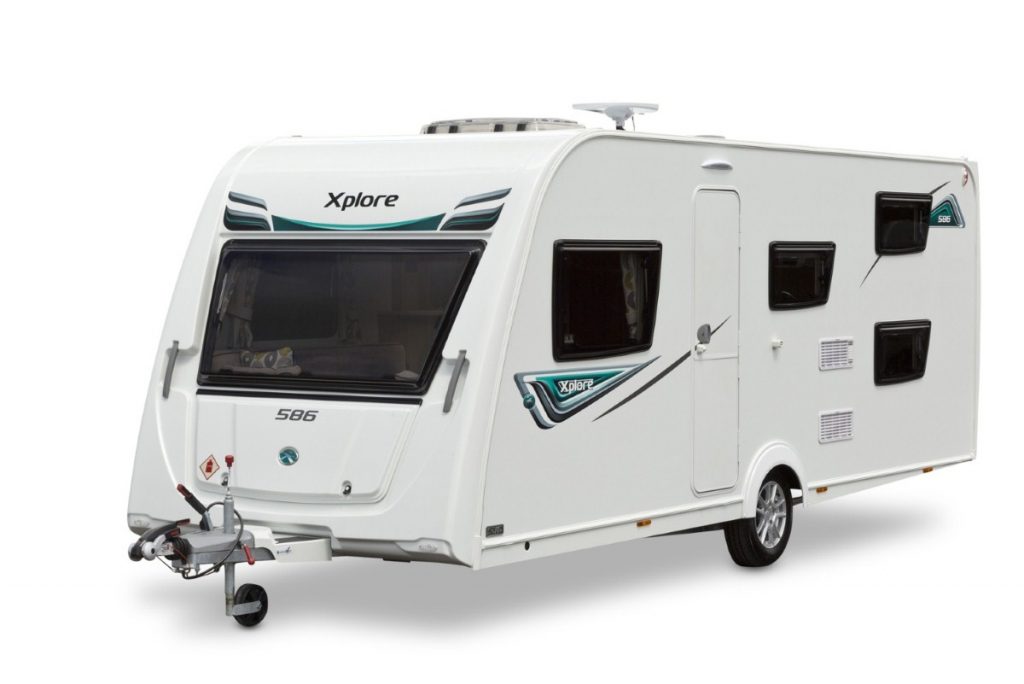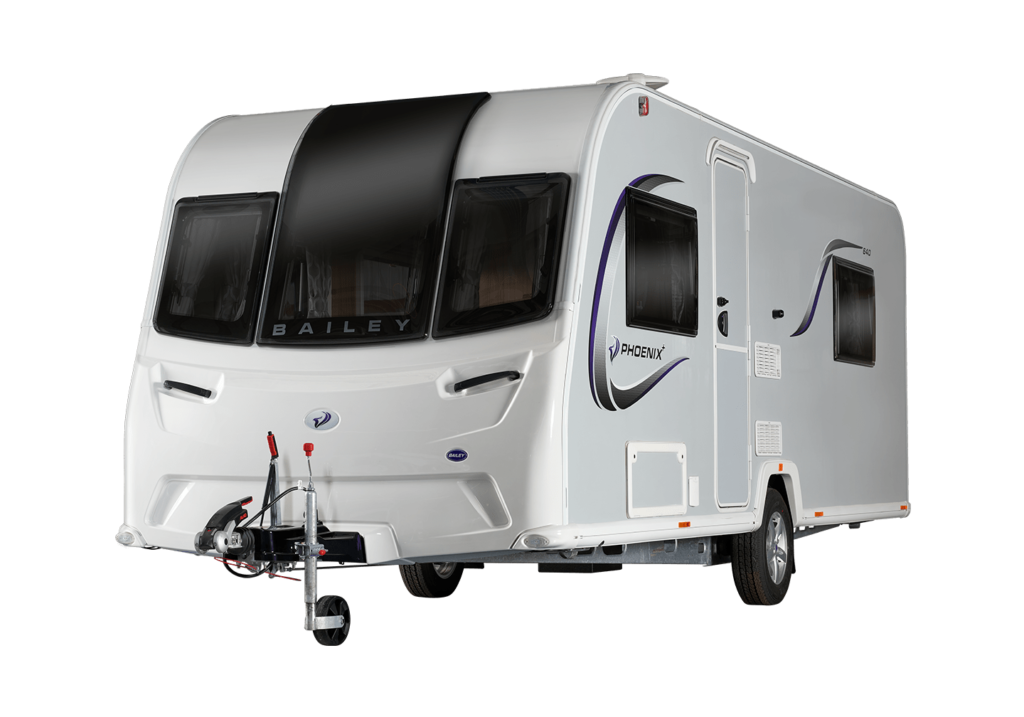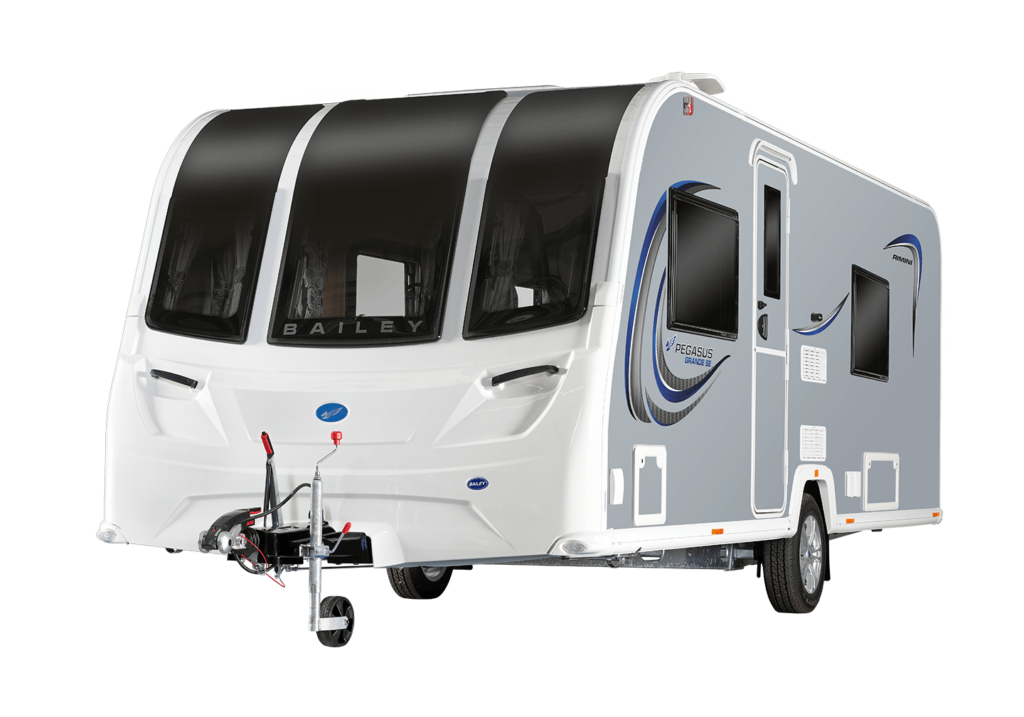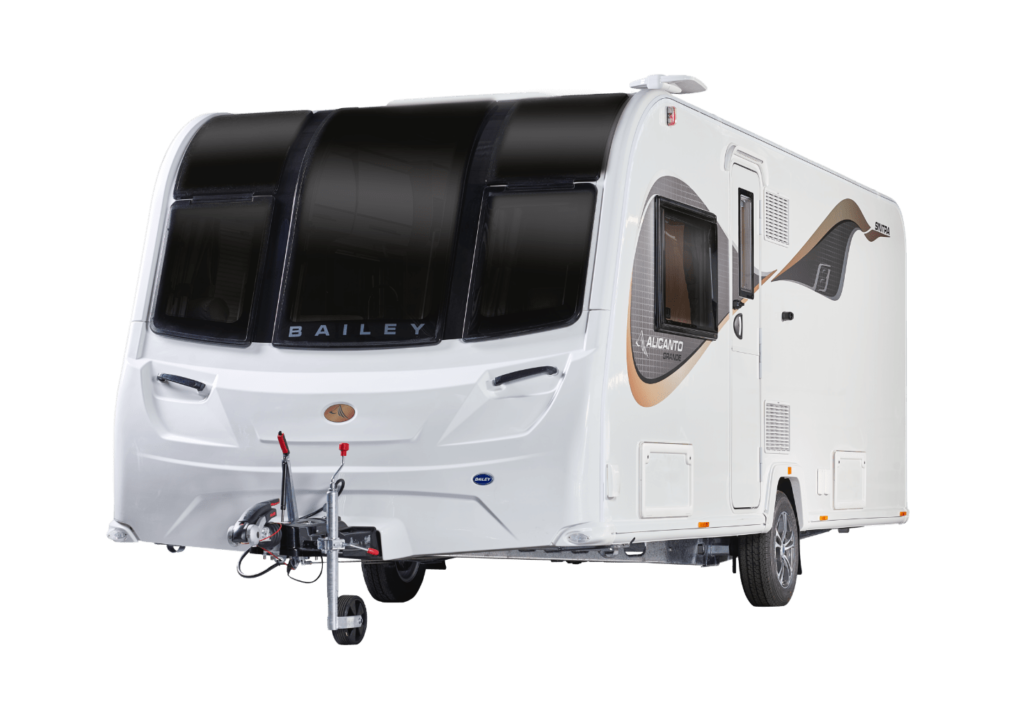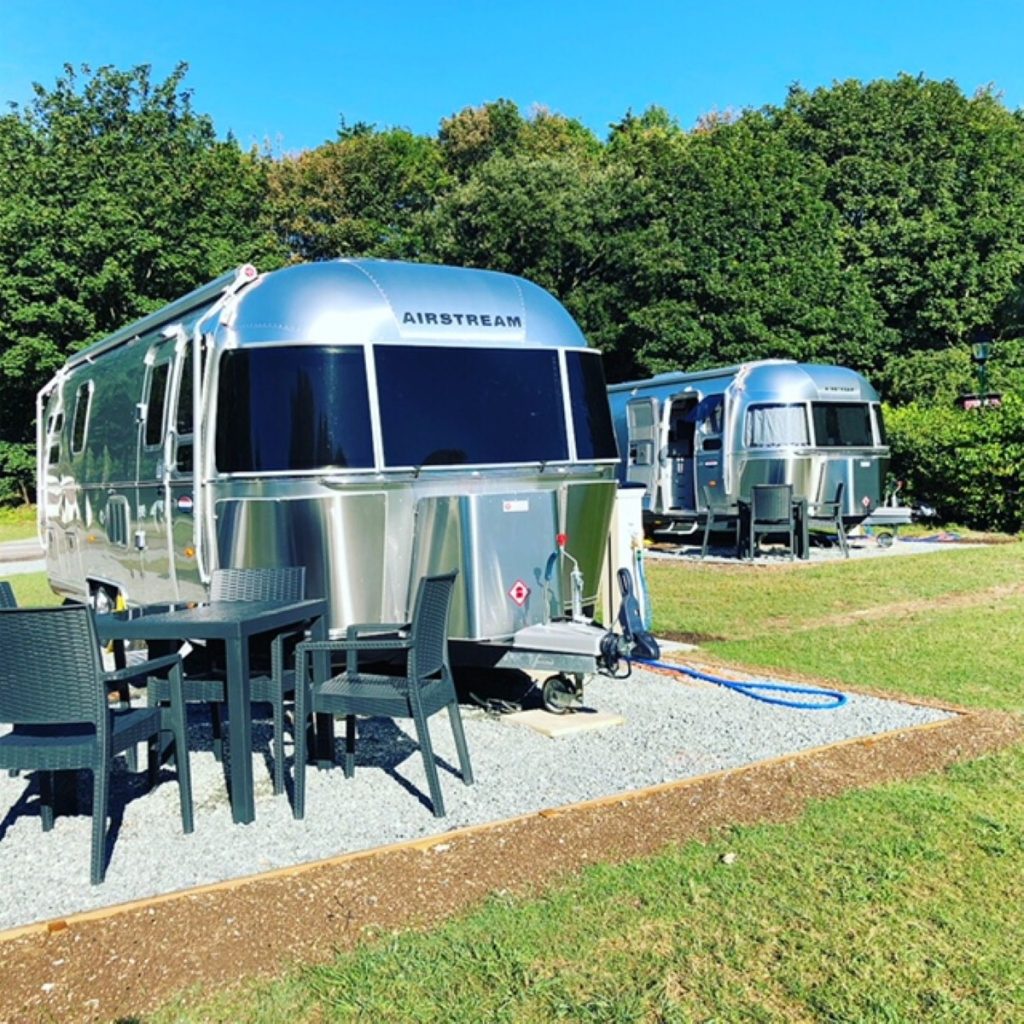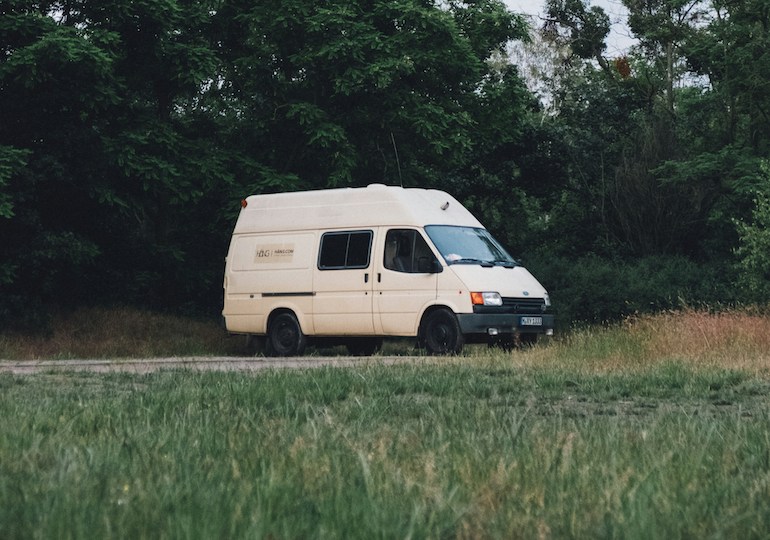Just the thought of bed bugs is enough to make your skin crawl and there’s been plenty of talk in the press about the fact that they’ve become a huge problem in Paris. Next stop, the UK. Bed bugs spread easily and the last thing you want is an infestation in your caravan.
Here’s what you can do to protect yourself against the dreaded critters:
Prevention is better than the cure
Once bed bugs move in, it’s very difficult to get them out, so the best thing is to be vigilant and prevent an infestation in the first place. When bringing any fabric-based item into the caravan or motorhome, check it carefully, as bed bugs love to hide along the seams.
Common places include sleeping bags and bedding, pet beds and clothing. Wash linens at a high temperature to destroy bed bugs and if you’re packing your leisure vehicle duvets away for the winter, consider storing them in vacuum bags.
Check your caravan or motorhome for any holes where bed bugs could potentially get in or hide. These include spaces between pipes or spaces under doors, both of which should be fairly easy to seal up.
Keeping as clutter-free as possible and regularly vacuuming are good ways to ensure bed bugs can’t take hold. These measures will also help you to spot telltale signs of the critters as early as possible.
Dealing with bed bugs
Evidence of bed bugs can come in a number of forms, including:
- Spots of blood on your bedding
- Bites in a row on your skin
- Brown specks on your sheets
- Exoskeletons left behind
If you discover any of these, it’s time to take action and quickly. The first thing to do is quarantine any affected areas or items to prevent the critters from spreading. Bed bugs are killed at 60°C, so washing fabrics at a high temperature or steaming them out are viable options.
Since bed bugs measure just five millimetres across, are tough, quick to reproduce and good at hiding, multiple approaches may be required to eliminate them. Vacuum infested areas and then remove the bag and dispose of it securely.
The next method is to treat your caravan or motorhome with an insecticide. Many of these are made from chemicals, but you can also get plant oil-based bed bug sprays that are very effective.
Last resort
Your bed bug elimination strategy needs to be well-considered and thorough if it’s to work. Even those who approach it with a multi-tactic approach sometimes have to call in the professionals to do a proper fumigation.
This usually means letting the treatment work for two to three days, so you may have to postpone any touring trips. Keeping out of the way of the chemicals is important for human health, but they should leave your caravan or motorhome bed bug-free.
Photo credit: Unsplash/Clay Banks

